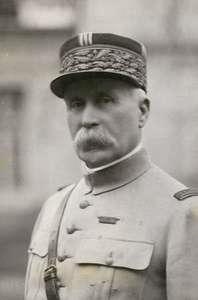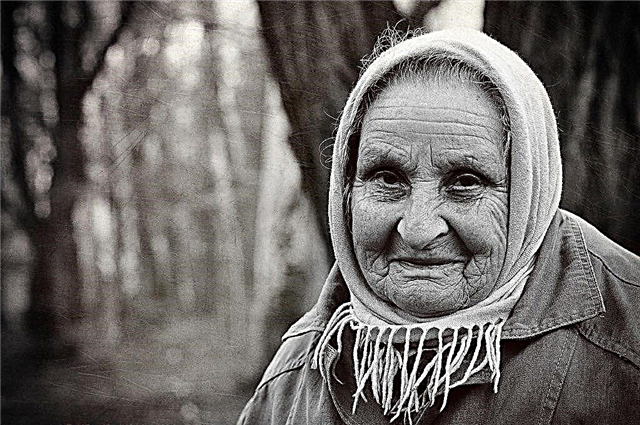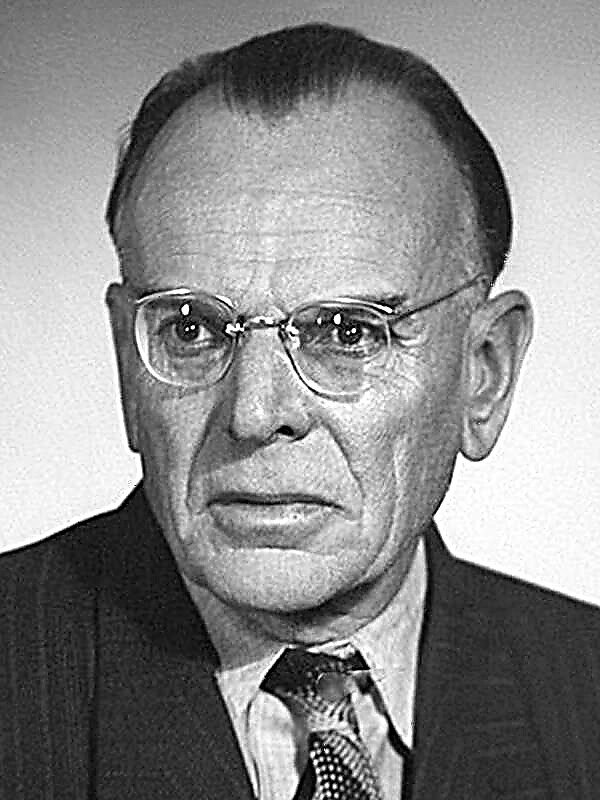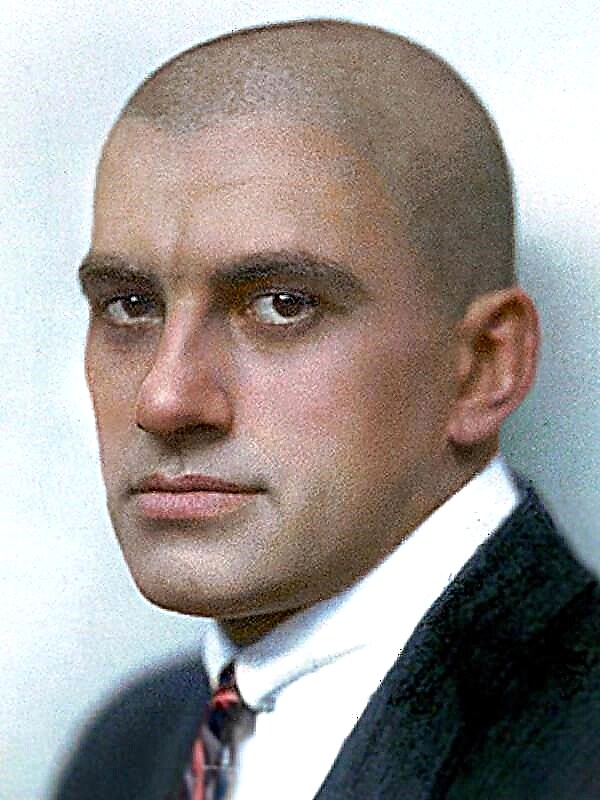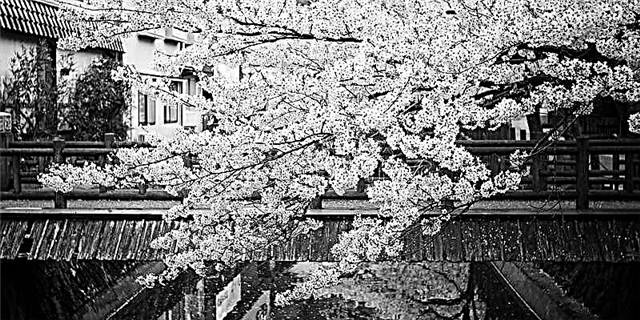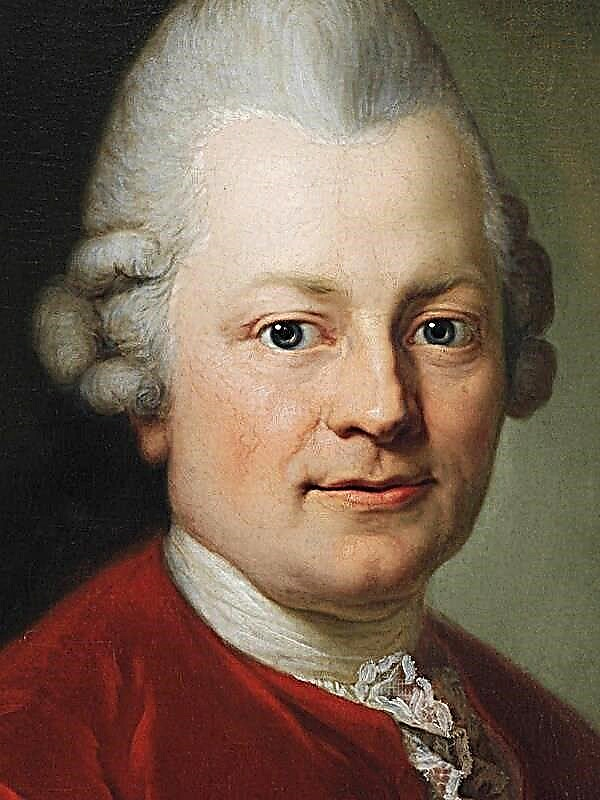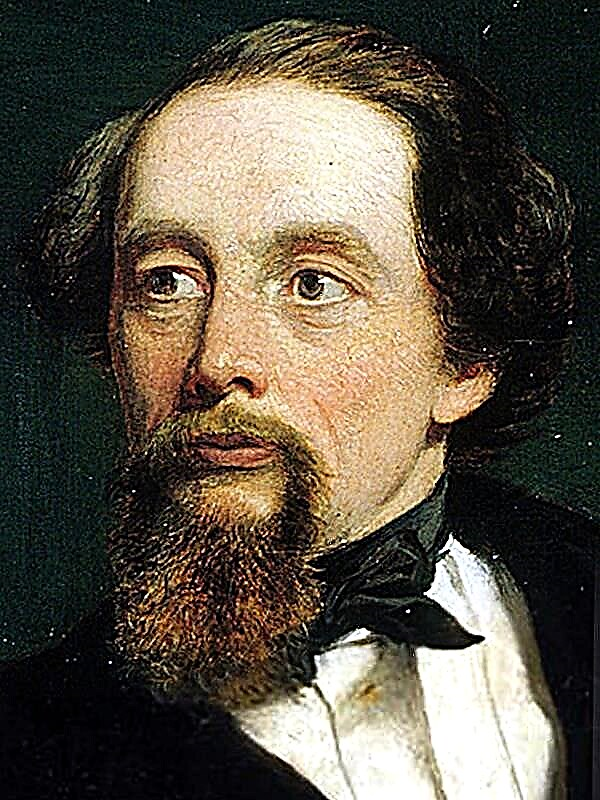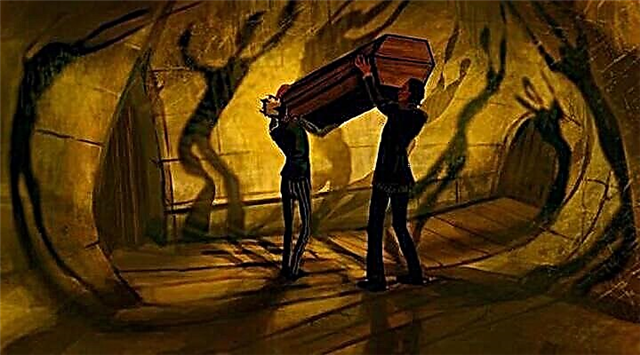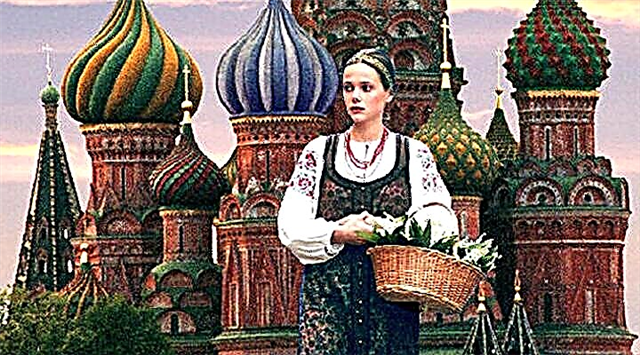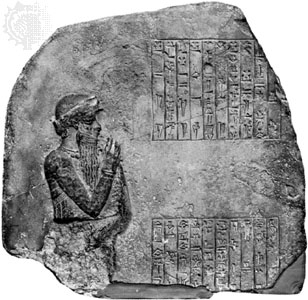Time is the greatest value in human life. Only it allows us to realize the value of all life and what is happening around. Time does not wait for anyone, leaving days, weeks and years on the pages of being, filled with a wide variety of events and emotions. In this block, we decided to highlight the most pressing problems associated with the problem of time. So we will be able to show how the writers presented its value in their creations.
Time as a factor in influencing human life
- Sholokhov - Quiet Don. This work incorporates many phenomena of the heyday of the Don Cossacks. The novel is replete with heroes and events that take place in their lives, but most of the reader's attention is focused on the main and tragic hero of the work, Grigory Melekhov. On the pages of the novel, Gregory reveals himself as a character with a constantly tossing soul, inside of him there is an ongoing struggle of thoughts and aspirations. Now we see the hero as an exemplary family man, then as an ardent lover, then demonstrating in decisions the wisdom and rationality of the Cossack, then a confused and unstable warrior. Multiple trials of love, family, friends, Cossacks change a man, forcing himself to prove himself from completely unexpected sides. And if at the beginning we see a large and friendly family of the Melekhovs, then at the end of the work Sholokhov shows us the unfortunate reality of the life of the Don Cossack after all the upheavals that have fallen on her, where only son Mikhail and sister Dunyasha remain alive.
- Tolstoy - Resurrection. After reading this work, you really understand how the life of one person can depend on the stupid and rash acts of another. In the novel, the author confronts and weaves the fates of two heroes completely different in their lifestyle, character and abundance - Katya Maslova and Dmitry Nekhlyudov. One careless act of a man forever changes Katya’s already difficult fate, starting a series of events that ultimately lead the heroine to the path of a prisoner. Realizing his negative influence on the current situation of Katyusha, Nekhlyudov is trying by all means to atone for his guilt and even wants to marry her, but for a woman his motives are now an empty phrase. The insidious connection with Nekhlyudov, the house of tolerance, the murder charge and, ultimately, the prison, change Katya, forcing her to accept her cross and adapt to new living conditions. The author carries the heroine through the betrayal and cruelty of others, but in the end gives her spiritual resurrection and a person who truly loves her. So, from a sweet and innocent Katyusha turned into a sensual, strong, representing an image of a pure and noble feminine heroine, with nascent revolutionary ideals. All these consequences are the influence of time. It was because of the harsh laws of her era that Katerina could not get a decent job. She was originally the second grade for the aunts of the master and for himself, so Nekhlyudov does not feel his own guilt, but the guilt of his whole class, of all the era of prosperity of some and the vegetation of other people.
Transience of time
- Ostrovsky - How steel was tempered. Pavka Korchagin is a symbol of the new revolutionary time. From an early age, the boy shows interest not in “dry” education at school, but in real and painstaking work. Pavka’s life is a constant wandering, a search for the meaning of his existence, which he later finds in the revolution. The hero acts as an ardent defender of revolutionary ideas and communism as a whole. Throughout his short but very fulfilled life, the man shows the best sides, albeit rebellious, but very fair in nature. It is important to note that family and love do not occupy a significant place in the character’s life; he devotes himself entirely to the social idea and its prosperity. Acquaintance with various heroes, as if high-speed trains sweep past his fate, leaving a mark in his ideological positions. The brutality of the civil war, the construction of a narrow gauge railway and trials of love temper the character of the young man, but the inaction that came as a result of a progressive disease kills all the hero's hopes of being a devoted servant of communism. The time measured for him quickly ends, but the young man does not lose heart and, despite the severity of the disease, writes a book that expresses the struggle for justice for the same young, ardent and ambitious future Korchagins.
- Gorky - Old Woman Isergil. The life of the central heroine of the story - the old woman Isergil - seems to us surprisingly bright and fascinating. Indulging in memories, she reproduces the stages of her long life journey, plunging the reader into the events that once happened to her. Life by the sea with his mother, love of the fisherman, life with the red-haired Hutsul, the harem of the Turk, where Isergil lived for a week, the humiliation of the Pole monk, the pan with a chopped face, the Magyar and nobleman - all these people left their mark on the fate of the old woman Isergil, forcing again and again to go through another life test. At the time of the story, she is depicted as an old woman with dry, chapped lips, a pointed chin, a wrinkled nose, and gray hair. The brightness of youth, which was told by the old woman Isergil, was extinguished by time, and now only memories recalled, dozing in her memory. An old woman lives among young people who enthusiastically listen to her colorful stories. But the lost charms cannot be recaptured, and the woman consoles herself only with what she once was. And the author, by her example, shows that time must be spent usefully, otherwise you can live life in vain without leaving anything worthy after yourself.
Inability to turn back the clock
- Gorky - At the bottom. What does it mean for a person to be on the social bottom? To realize that you are not capable of more, and to accept your position as it is? The heroes of the play are asking these questions, trying to understand what is in store for them next. From the mouths of the shelters, we learn how they ended up in dirty cellars. Each of them here has its own tragic story, which deserves attention. At one point, the overnight stay, like a ray of light, illuminates with its appearance the wanderer Luke. The preacher instills in people the hope that it is not too late to change everything, it is not too late to rise from the bottom and again feel the joy of life, not existence. Hope arises in the hearts of the poor, but it requires constant encouragement in order to get stronger and realized, but at the most important and turning point for some heroes, the wanderer disappears just as unnoticed as he appeared. The actor, unable to come to terms with this, hangs himself. Others grumble at the departure of Luke and the hope given to them. The happy time of hope forever fell into the shadow of memories and the time given by Luke for rebirth was spent. The inhabitants of the rooming house missed it, and did not try to morally and physically "rise".
- Dostoevsky - Crime and Punishment. Sonia Maremladova is undoubtedly one of the attractive and sympathetic readers of the characters in the novel Crime and Punishment. Despite her vicious activities, she remains a pure, sublime and very wise girl. A meeting with Raskolnikov forever changes the lives of both heroes and gives hope for favorable changes: Sonya - to find true female happiness with Raskolnikov, and Rodion - repentance, spiritual purification and kindred spirit are nearby. Perhaps they would like to rewind time, cross the pit of Sonya’s fornication and the fall of Raskolnikov, never crossing fatal boundaries, but this is not possible. They have to go forward with new thoughts and impulses, bypassing the failures of a past life. The main thing is that Sonia and Rodion entered the fate of each other, giving a mutual chance of healing.

